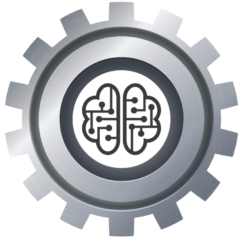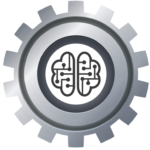Analyzing and evaluating information is a critical element in developing critical thinking skills. It involves examining information critically, identifying potential biases or assumptions, and evaluating the strengths and weaknesses of different arguments. Here are some tips for analyzing and evaluating information to develop your critical thinking skills:
- Identify the main argument: Identifying the main argument involves identifying the central idea or thesis of a particular piece of information. This can help you understand the focus of the information and identify potential biases or assumptions.
- Evaluate the evidence: Evaluating the evidence involves examining the facts and evidence that support a particular argument. This can help you determine the strength of the argument and identify any potential weaknesses.
- Consider the sources: Considering the sources involves examining the credibility of the sources of information. This can help you identify potential biases or assumptions and evaluate the reliability of the information.
- Identify potential biases or assumptions: Identifying potential biases or assumptions involves recognizing any underlying beliefs or attitudes that may influence the information. This can help you evaluate the objectivity of the information and make more informed decisions.
- Consider alternative viewpoints: Considering alternative viewpoints involves examining different arguments or perspectives on a particular issue. This can help you gain a more comprehensive understanding of the issue and evaluate the strengths and weaknesses of each perspective.
- Draw conclusions: Drawing conclusions involves synthesizing the information and making a judgment or decision based on the evidence. This can help you evaluate the effectiveness of your own critical thinking skills and make more informed decisions.
In Summary
Analyzing and evaluating information is a crucial element in developing critical thinking skills. By identifying the main argument, evaluating the evidence, considering the sources, identifying potential biases or assumptions, considering alternative viewpoints, and drawing conclusions, individuals can gain a deeper understanding of complex issues and make more informed decisions. Remember that developing critical thinking skills takes time and practice, and that by continually analyzing and evaluating information, individuals can become more effective critical thinkers.
#infobymattcole
 You can check out Matt’s LinkedIn account, Youtube Channel, or Podcast.
You can check out Matt’s LinkedIn account, Youtube Channel, or Podcast.Introducing my new books, ‘The Art of Critical Thinking’ and ‘The Critical Thinking Model’. Both can be read for free with Kindle Unlimited or $2.99 each via Kindle.


Pingback: Critical Thinking Skills - Info by Matt Cole